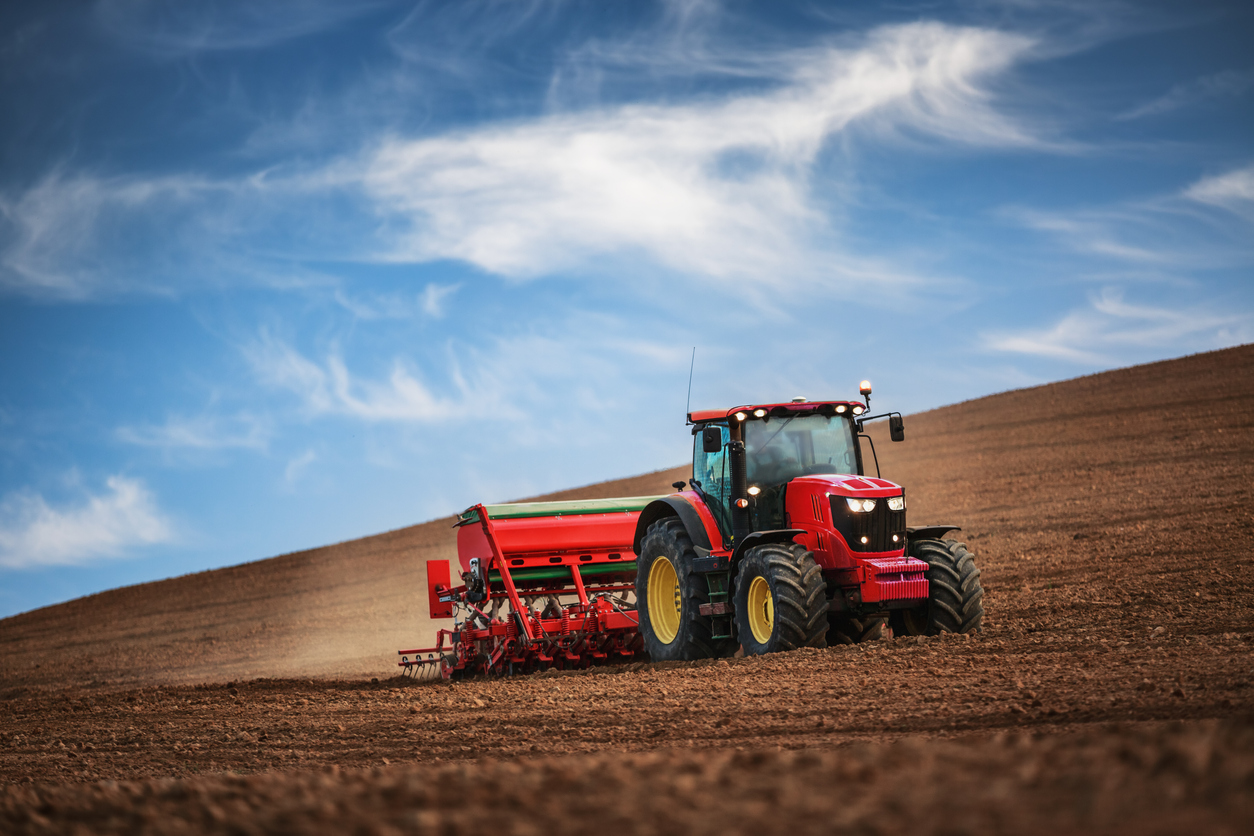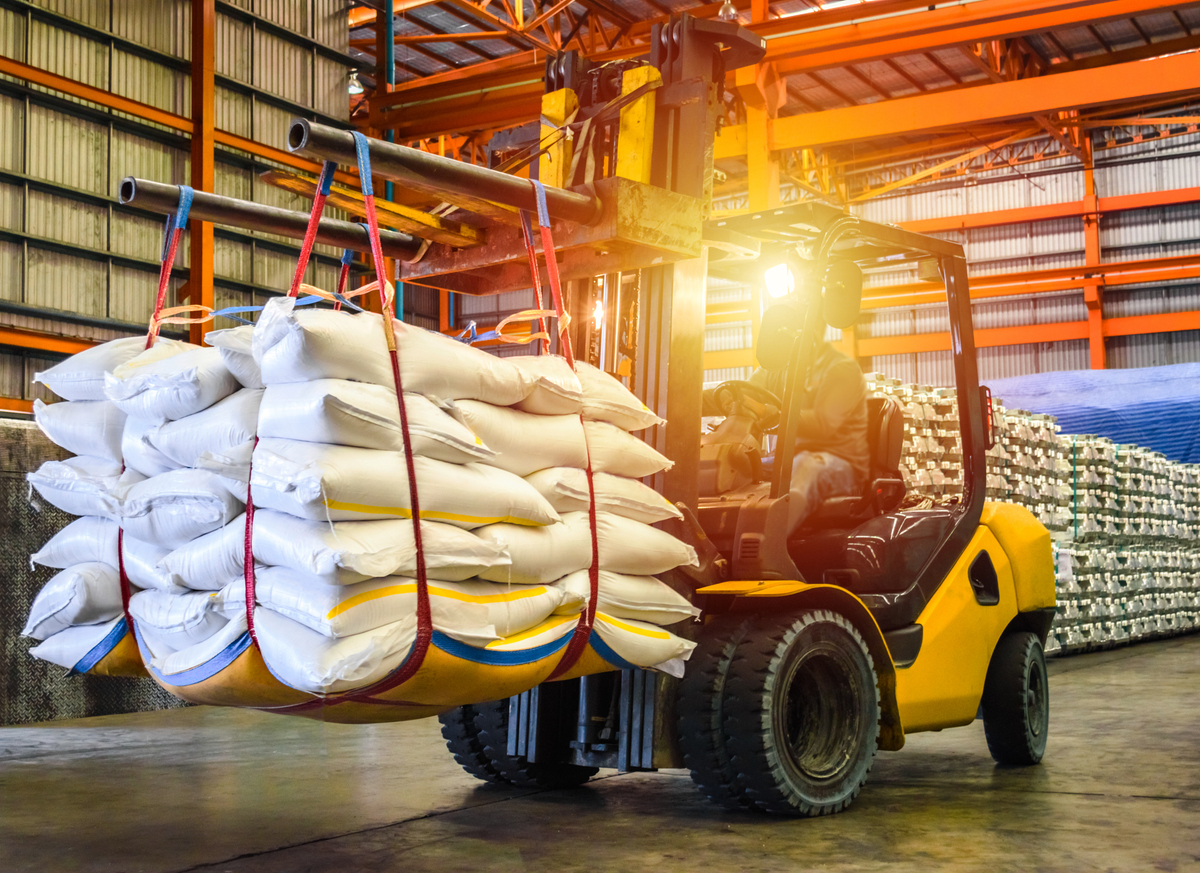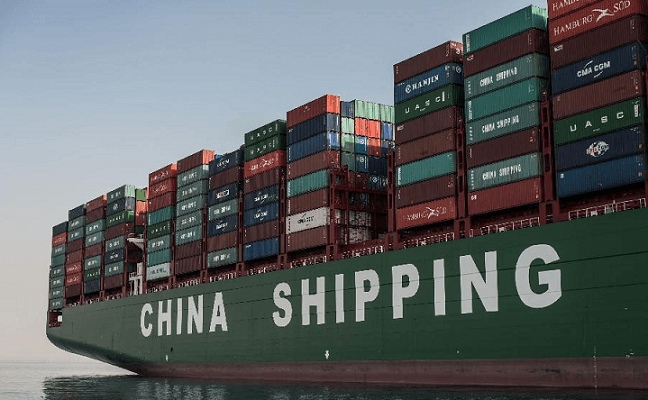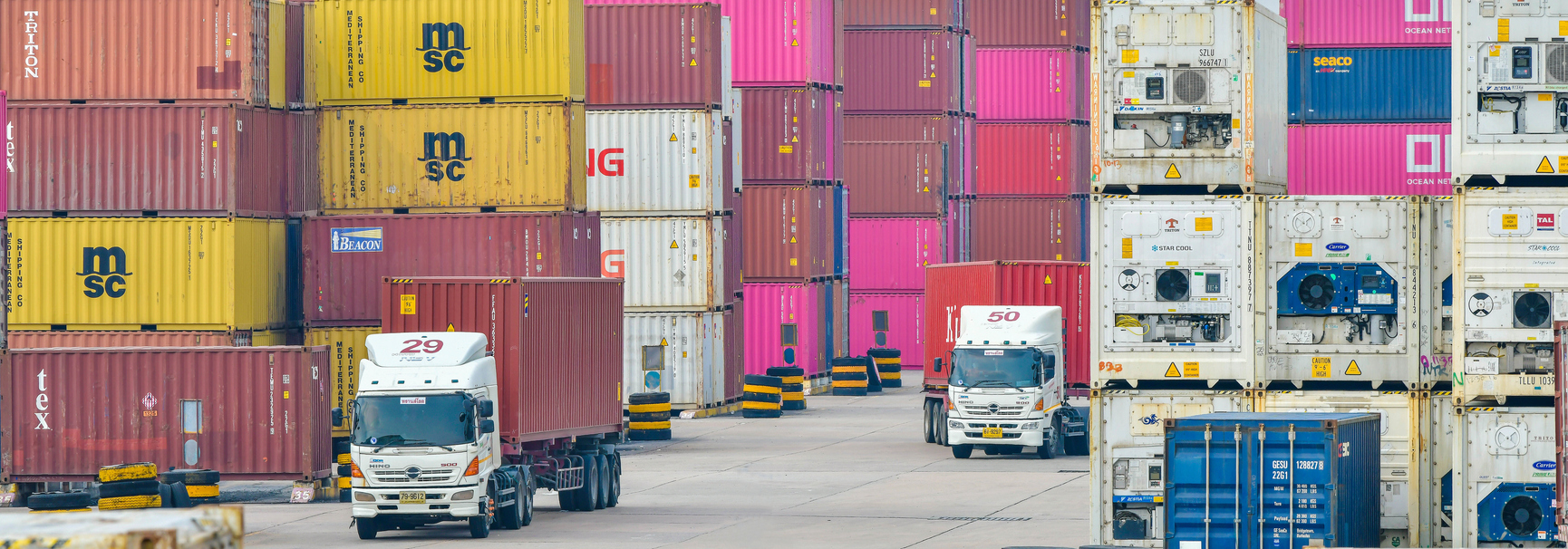From Farm to Textile Industry: How Wigmore Trading Fosters the Growth of Fibre Crops in Nigeria
From Farm to Textile Industry: How Wigmore Trading Fosters the Growth of Fibre Crops in Nigeria
Welcome to the world of fibre crops, where sustainable farming meets the thriving textile industry! Today, we embark on a fascinating journey that takes us from lush farmlands in Nigeria to bustling factories producing exquisite fabrics. Join us as we delve into the remarkable story of Wigmore Trading and how this pioneering company is playing a pivotal role in fostering the growth of fibre crops in Nigeria. Get ready to uncover the secrets behind their success, explore the incredible benefits these crops bring to both local communities and global markets, and discover why Wigmore Trading is at the forefront of revolutionizing Nigeria’s agricultural landscape. So lace up your boots and let’s dive headfirst into this captivating tale of agriculture, innovation, and weaving dreams together!
Introduction to Wigmore Trading and their mission in Nigeria’s textile industry
Introduction to Wigmore Trading and their mission in Nigeria’s textile industry:
Wigmore Trading is a leading company in the Nigerian textile industry, dedicated to fostering the growth of fibre crops in the country. Founded in 2005, the company has been at the forefront of promoting sustainable agriculture and strengthening the value chain of locally grown fibre crops.
The textile industry plays a significant role in Nigeria’s economy, contributing to employment generation, export earnings, and overall economic growth. However, over the years, this sector has faced several challenges such as inconsistent power supply, high production costs and stiff competition from imported textiles. As a result, local production has declined significantly, leading to an increased dependence on imported textiles.
Recognizing these issues faced by the Nigerian textile industry, Wigmore Trading set out on a mission to revitalize it by focusing on developing local fibre crop production. The company works closely with farmers and other stakeholders along the value chain to promote sustainable farming practices that lead to better quality fibres while supporting local communities.
One of Wigmore Trading’s primary objectives is to increase local production of cotton – one of Nigeria’s primary fibre crops – through its “Farm-to-Textile” initiative. This initiative seeks to create linkages between farmers who grow cotton and textile manufacturers who process it into finished products like clothing and home goods.
The importance of fibre crops in the textile industry
Fibre crops are an essential component of the textile industry, providing the raw materials needed to produce fabrics and other textiles. These crops, also known as industrial or textile crops, are plants that primarily grow fibrous tissues used in the production of various textile products. They play a vital role in the global economy and have been cultivated for centuries for their versatility and wide range of applications.
The importance of fibre crops in the textile industry cannot be overstated. These crops provide natural and sustainable sources of fibres that are crucial for meeting the ever-increasing demand for clothing, household items, and industrial products. Fibre crops also have a significant impact on local economies, providing employment opportunities and boosting trade activities.
One of the most valuable features of fibre crops is their ability to adapt to different environments. This makes them suitable for cultivation in various regions worldwide, contributing to economic growth and reducing dependency on imported textiles. In Nigeria specifically, where agriculture is a primary source of livelihood for many people, fostering the growth of fibre crops can help stimulate rural development and improve living standards.
Moreover, fibre crops offer environmental benefits when compared to synthetic fibres produced from fossil fuels. They require less energy consumption during production and do not release harmful chemicals into the environment. This makes them a more sustainable option for both consumers and producers alike.
Challenges faced by farmers in growing fibre crops in Nigeria
Farming fibre crops in Nigeria presents a unique set of challenges for farmers. The agricultural industry in the country is one of the largest and most important sectors, providing employment for millions of people and contributing significantly to the economy. However, when it comes to growing fibre crops, farmers face various obstacles that can hinder their success in this sector.
1. Climate and weather conditions:
One of the major challenges faced by farmers in growing fibre crops is the unpredictable nature of Nigeria’s climate and weather conditions. The country experiences extreme weather patterns with irregular rainfall, long dry spells, and occasional flooding. These fluctuations can greatly impact crop growth and yield, making it difficult for farmers to plan their planting and harvesting schedules effectively.
2. Lack of infrastructure:
The lack of proper infrastructure such as irrigation systems, storage facilities, and transportation networks also poses a significant challenge for fibre crop farming in Nigeria. Without adequate infrastructure, farmers struggle to properly store their harvested crops or transport them to market centers. This leads to wastage and loss of income for these small-scale producers who do not have access to modern farming equipment.
3. Limited access to credit:
Financing is crucial for any farming enterprise, including those involved in growing fibre crops. Unfortunately, many Nigerian farmers do not have easy access to credit or loans from financial institutions due to strict lending policies or lack of collateral assets. This makes it challenging for them to expand their operations or invest in new technologies that could improve crop yields.
How Wigmore Trading is providing solutions to these challenges
Wigmore Trading is committed to addressing the challenges faced by farmers and the textile industry in Nigeria, when it comes to the cultivation and processing of fibre crops. Through various initiatives and partnerships, Wigmore Trading is providing effective solutions to these challenges, supporting sustainable growth and development of the agricultural sector.
One of the major challenges faced by farmers in Nigeria is access to quality seeds for fibre crops like cotton, sisal, jute, and kenaf. This not only affects their yield but also impacts the overall quality of fibres produced. To address this issue, Wigmore Trading has established partnerships with renowned seed companies that provide high-quality seeds specifically developed for Nigerian climatic conditions. These seeds ensure better germination rates, disease resistance, and improved yield for farmers.
In addition to providing quality seeds, Wigmore Trading also offers technical support to farmers through training programs on modern farming techniques. These trainings are conducted in collaboration with agricultural experts and focus on topics such as water management practices, pest control methods, soil fertility improvement techniques and good agricultural practices. By equipping farmers with these skills and knowledge, Wigmore Trading aims to improve their productivity while promoting sustainable farming practices.
– Training and education for farmers
Training and education are essential components for the success and growth of any industry, including the farming sector. In Nigeria, where agriculture plays a significant role in the economy, providing training and education to farmers is crucial for achieving sustainable development. This is why Wigmore Trading places great emphasis on equipping farmers with the necessary knowledge and skills to cultivate high-quality fibre crops.
One of the primary objectives of Wigmore Trading is to improve the productivity and profitability of farmers by providing them with advanced training programs. These programs cover various aspects of fibre crop cultivation, including seed selection, land preparation, irrigation methods, pest management, harvesting techniques, post-harvest handling, and storage procedures. The company also offers specialized courses on organic farming practices for those interested in eco-friendly production methods.
Wigmore Trading has a team of experienced agronomists who conduct these training programs in collaboration with local agricultural experts. They travel to different regions in Nigeria to reach out to as many farmers as possible and impart their knowledge effectively. The sessions include both theoretical classes and hands-on practical demonstrations that help farmers understand the concepts better.
The company also organizes workshops and seminars regularly to educate farmers about new technologies and innovations in fibre crop cultivation. These events provide an excellent platform for farmers to interact with experts from different fields, share their experiences, learn from each other’s successes or challenges, and adopt best practices.
– Supplying quality seeds and equipment
Wigmore Trading is committed to supporting the growth and development of fibre crops in Nigeria. One of the key aspects of this commitment is supplying quality seeds and equipment to farmers, enabling them to produce high-quality crops efficiently. In this section, we will discuss how Wigmore Trading fulfills this role and how it benefits both farmers and the textile industry.
Sourcing Quality Seeds
The first step towards a successful crop production process is using high-quality seeds. At Wigmore Trading, we understand the importance of sourcing superior quality seeds for our customers. Our team works closely with reputable seed companies to ensure that we only supply certified seeds that have been tested for purity, germination rate, and disease resistance.
By providing farmers with quality seeds, we help them achieve better yields and improve their overall crop quality. This not only benefits individual farmers but also contributes to the growth of the entire agricultural sector in Nigeria.
Wide Range of Equipment
In addition to quality seeds, Wigmore Trading also offers a wide range of modern farming equipment suitable for different types of fibre crops. From plowing and planting to harvesting and processing, our equipment can handle every stage of the crop production process.
We understand that investing in modern equipment can be a significant financial burden for small-scale farmers in Nigeria. Therefore, we offer affordable options without compromising on quality. Our goal is to make essential farming tools accessible to all farmers so they can increase their productivity and profitability.
– Collaborating with local communities and organizations
Collaborating with local communities and organizations is a crucial aspect of Wigmore Trading’s operations, as it plays a significant role in fostering the growth of fibre crops in Nigeria. By working closely with these groups, Wigmore Trading is able to create a sustainable and mutually beneficial relationship that benefits both the company and the local community.
One of the key ways in which Wigmore Trading collaborates with local communities is through providing training and education on best farming practices for growing fibre crops. The company understands that many small-scale farmers may not have access to modern techniques or resources, which can hinder their productivity and profitability. As such, Wigmore Trading conducts workshops and seminars where they share their knowledge and expertise on different aspects of farming, including seed selection, crop rotation, pest management, and post-harvest handling.
In addition to providing training, Wigmore Trading also works hand-in-hand with local farmers by sourcing raw materials directly from them. This not only ensures high-quality fibres for the textile industry but also helps to create a stable source of income for small-scale farmers. By purchasing directly from farmers instead of going through middlemen, Wigmore Trading can offer fair prices for their produce, thus empowering these communities economically.
Success stories from farmers partnered with Wigmore Trading
At Wigmore Trading, we take great pride in our partnerships with local farmers and their success stories. Through our commitment to fostering the growth of fibre crops in Nigeria, we have been able to support and empower many small-scale farmers across the country.
Our partnership model is based on a fair trade system that ensures both parties benefit from the relationship. By providing access to high-quality seeds, technical support and training, as well as a guaranteed market for their crops, we have helped numerous farmers increase their yields and improve their livelihoods.
One such success story is that of Mr. Adeola Ogunbiyi, a cotton farmer from Kano state who has been working with Wigmore Trading for over 5 years. Before partnering with us, Mr. Ogunbiyi struggled to make ends meet as his yield was low and he had limited knowledge about modern farming techniques.
Through our training programs and continuous technical support, Mr. Ogunbiyi was able to implement efficient farming methods that resulted in a significant increase in his cotton production. With a guaranteed market provided by Wigmore Trading, he no longer had to worry about finding buyers or negotiating prices for his produce.
Today, Mr. Ogunbiyi’s farm has become a thriving business that not only supports his family but also provides employment opportunities for others in his community. He has expanded his farm and diversified into other fibre crops such as soybeans and sisal thanks to the ongoing support from Wigmore Trading.
Impact on the growth of Nigeria’s textile industry
The textile industry in Nigeria has experienced significant growth over the years, thanks to the efforts of companies like Wigmore Trading. This growth can be attributed to various factors, including advancements in technology, government policies, and increased demand for locally made products. However, one crucial aspect that should not be overlooked is the impact of Wigmore Trading’s focus on fostering the cultivation of fibre crops in Nigeria.
Wigmore Trading has been actively involved in promoting the cultivation of fibre crops such as cotton and silk in Nigeria. This involvement has had a significant impact on the growth of the country’s textile industry, and here are some ways how:
1. Increased availability of raw materials: By encouraging local farmers to cultivate fibre crops, Wigmore Trading has ensured a steady supply of raw materials for textile production in Nigeria. This has reduced reliance on imported fibres and subsequently lowered production costs for local manufacturers.
2. Job creation: The cultivation and processing of fibre crops require a considerable amount of labor, providing employment opportunities for many Nigerians. As more farmers engage in these activities, it creates a ripple effect that benefits other sectors such as transportation and logistics.
3. Boosting economic growth: With an increase in local production and consumption of textiles, there is a corresponding boost to the economy through revenue generation and reduction of imports. Additionally, this leads to increased foreign exchange earnings from exports as Nigerian-made textiles gain international recognition.








Comments are closed.